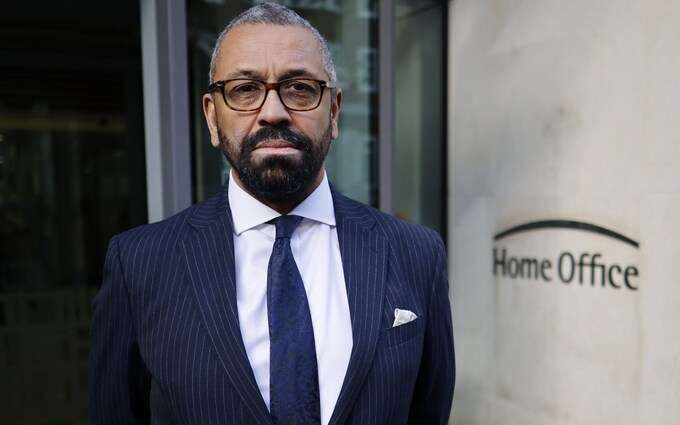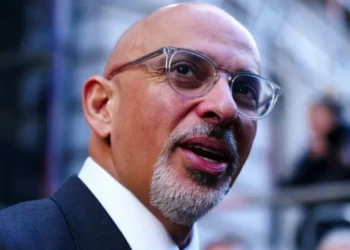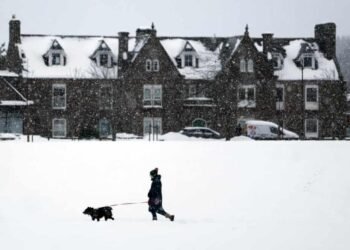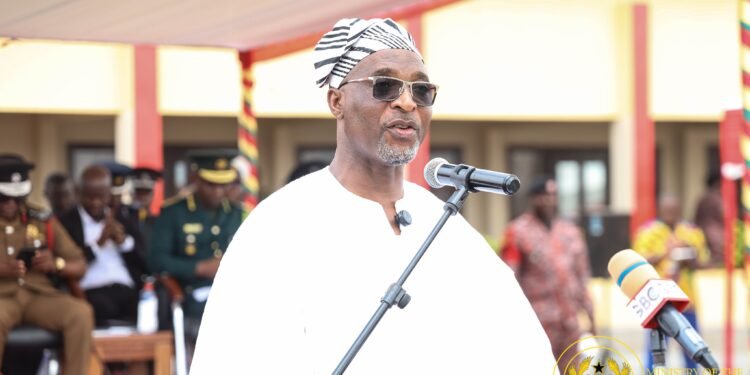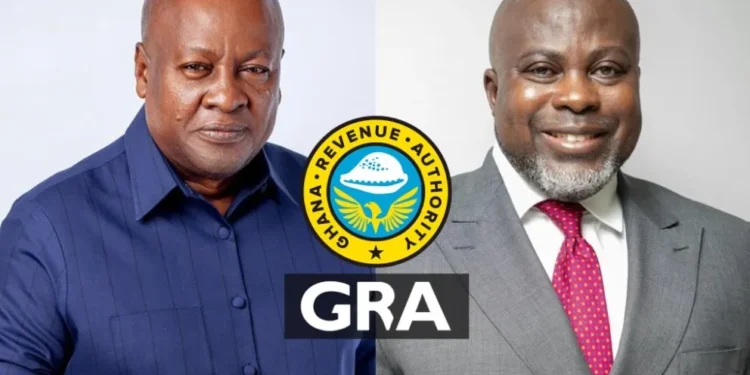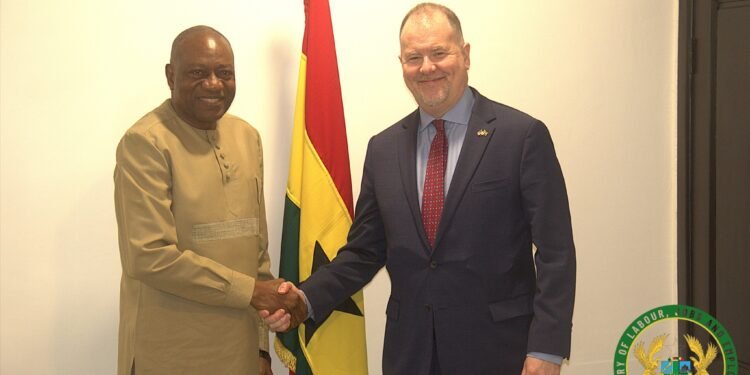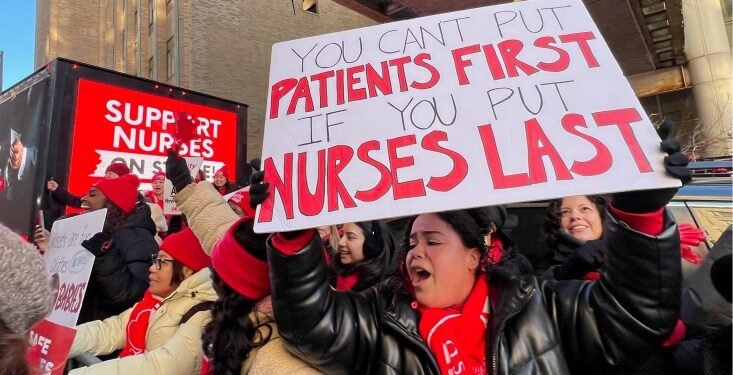Former Home Secretary James Cleverly has issued a warning to his colleagues, urging them to “get our act together” following a series of damaging leaks and internal conflicts.
The tension within the party was palpable as leadership frontrunner Kemi Badenoch publicly criticized her rival, Suella Braverman, suggesting she was experiencing a “very public” nervous breakdown.
This accusation came during a heated Conservative frontbench meeting, their first since losing power.
Badenoch didn’t stop there. Reports indicate she slammed former Prime Minister Rishi Sunak’s decision to call an early election, describing his early departure from the D-Day commemorations as “disastrous.”
She further alleged that if Sunak had remained in France longer, colleagues like Penny Mordaunt might have retained their seats.
Cleverly, cautioning against “bitter infighting” ahead of the impending leadership race, penned a poignant piece for The Times, emphasizing the need for unity.
“That is exactly how we ended up here,” he wrote, imploring his party to come together to effectively deliver their promises.
Adding fuel to the fire, Badenoch allegedly accused Sunak of confiding the election date to a select few, including his parliamentary private secretary, Craig Williams, whom she reportedly dubbed a “buffoon” for admitting he had placed a bet on the election date.
As tensions soared, Sunak is believed to have started the meeting with an apology. Meanwhile, the Conservative Party found itself embroiled in another controversy, this time over the election of a new chair for the influential 1922 Committee.
Just days after a devastating general election loss, the party is now facing a bitter dispute over its internal elections.

Claims of ‘Bent’ Vote in 1922 Committee Election
The 1922 Committee, which consists of backbench MPs, is responsible for setting the rules for the party’s next leadership contest. Allegations have surfaced, claiming the election for a new chair was “bent.”
Some members have drawn parallels to Nadine Dorries’ book ‘The Plot,’ which suggested an internal conspiracy to oust Boris Johnson as Prime Minister.
Among those turned away from voting was Shadow Chancellor Jeremy Hunt, along with Mark Francois, a former minister and chair of the European Research Group.
“This election was bent,” Francois declared as he exited the Palace of Westminster. “I think the 1922’s level of competence has reached a new low.”
An email had informed some MPs that they could vote between 5 and 6 pm, but when they arrived, they were told voting had closed at 5:30 pm.
Ultimately, Bob Blackman, the Tory MP for Harrow East, emerged victorious, replacing Sir Graham Brady, who was recently granted a peerage by Sunak.
The former Prime Minister had ignited the leadership contest following the party’s electoral defeat, announcing his intention to step down as leader once the formal arrangements for selecting his successor were in place.
Blackman secured 61 of the 98 votes cast, with North Cotswolds MP Sir Geoffrey Clifton-Brown receiving 37 votes. However, some MPs alleged that Blackman’s victory would not have been assured had everyone been able to vote.
Francois voiced his frustration, stating, “In 23 years of being an MP, I have never seen a shambles like this – and on our first day back.”
“Tory Voluntary Party workers, who slogged their guts out for six weeks to re-elect their MPs, deserve far better than to see a flawed election for the chairmanship of the 1922 Committee – who of course, crucially, will oversee the Leadership contest. We had enough of these shenanigans in the previous Parliament – have we learned nothing?”
This internal strife is further compounded by a growing petition signed by thousands of Tory members, demanding a rule change to give them a greater voice.
Simultaneously, some MPs are advocating for a rule change that would limit the leadership vote to members of Parliament, excluding the broader party membership.
As such, as the Conservative Party navigates these choppy waters, the call for unity and a clear path forward has never been more urgent.
READ ALSO: Well-equipped Archival Facilities, an Impending Threat on Ghana’s Musical History

